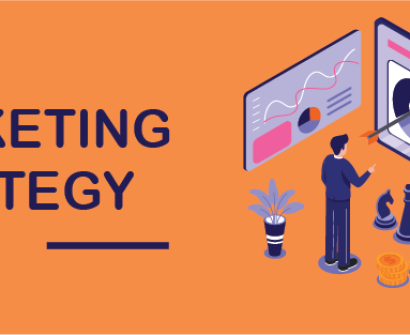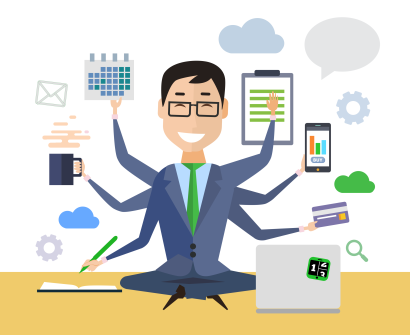Currently Empty: £0.00

As you surf the internet, your major concern should be how to protect yourself online. One beautiful Monday morning in the month of July 2013, a friend of mine (Tayo) who just got married and had returned to work from honeymoon got a call from her account manager (Joy). After the initial pleasantries, the following conversation ensued:
Joy: Iyawo, you are now a married woman ooo, you shouldn’t be signing letters in your maiden name.
Tayo: What do you mean?
Joy: I just got a transfer confirmation letter from you approving the transfer of 7 million naira signed with your maiden name?
Tayo: What???? (beginning to sweat profusely) I never sent such an email nor attempted any transfer.
Some background:
As part of her online transfer mandate, Tayo needs to send a scanned signed letter with her signature to her bank account officer to authorize fund transfers beyond a certain limit. A hacker had gotten access to her email, and analyzed it, and was able to get access to the details of her online banking application and several copies of the authorization letter. The hacker replicated the same letter and attempted to make a transfer. That transfer would have been successful save for that call which really was intended as just a chit-chat call. Imagine this kind of debt right after honeymoon….
Digital technology has transformed and continues to transform the way we live work and interact. However, while digital technology has made life much more convenient, it has also opened us up to many new threats that we didn’t have to worry about before the digital age began. There are hackers and scam artists all over the world just waiting to gain access to your bank accounts and other personal and sensitive information. Therefore it is so important that you know how to protect your digital life. Here are some practical tips to do this:
Empty space, drag to resize
1. Passwords:
The password that you use is essential in keeping your identity and privacy safe. Just because a password is easy to remember doesn’t mean that it is safe. A strong password contains numbers, a capital letter and a special character such as #$%. You should also change your passwords periodically. I change mine every 3 months. I also have a system for generating passwords for personal and sensitive accounts (bank accounts, emails, social media, etc) and other online not-so-sensitive activities like online learning. This makes it easy to remember my passwords without duplicating them or needing to write them anywhere. Always enable two-factor authentication, or 2FA where available. This adds another layer of protection for your accounts so if a hacker can accurately guess your password, there is still an additional security measure in place to ensure that your account is not breached.
2. Public WiFi:
My personal rule of thumb with digital, beware of anything free and WiFi is a common example. Public WiFi may be convenient, but it is very easy for a person to hack into. If you must use public WiFi, Please use a VPN.
3. Virtual Private Networks (VPN):
If you can, get a VPN. Everything that you do online can be seen by your internet service provider (ISP) and anyone who’s sufficiently motivated because you have an IP address. The best way to protect your privacy while working online is to use a virtual private network (VPN). It basically acts like a shield between the device that you are using and the internet and they do not cost so much these days. A good one to use is Windscribe.
4. Links and attachments:
Phishing is one of the most common ways that scam artists try to get a hold of your personal information. They often send emails that appear to be from reputable companies, or even from people that you know. They will attach a link or an attachment to the email that contains malware or other viruses. When you click on the link, they can gain access to your personal information. If you get an email, beware of the attachments and the links, even if you think that you know who the email is from. To find out how to detect a phishing email visit https://www.itgovernance.co.uk/blog/5-ways-to-detect-a-phishing-email (don’t worry this is no phishing link)
5. Apps:
Before you download that app ask yourself, do I absolutely need this app? Can I use the web alternative and still get the value I need? When downloading apps, PLEASE READ, the permissions that the app is requesting for as well as the terms and conditions, and be sure you are comfortable with them. Personally, using the most common platforms like Instagram, Twitter, Facebook, and LinkedIn via the web interface, sufficiently meets my needs. So before you download that app, have a rethink. Many apps have been linked with stealing data even when users didn’t give permissions to such data.
And one more thing, please turn off location data on your photos if possible.
Please stay safe, both online and offline.






